Unlock the White House Watch newsletter for free
Your guide to what Trump’s second term means for Washington, business and the world
The US coastguard stepped up its enforcement of a blockade on Venezuelan oil on Sunday by trying to board a…
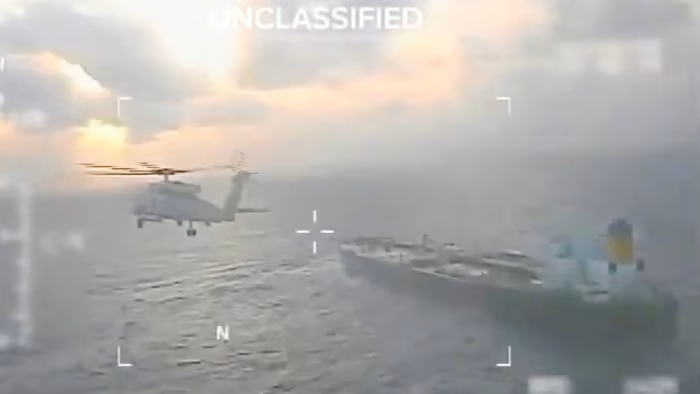
Unlock the White House Watch newsletter for free
Your guide to what Trump’s second term means for Washington, business and the world
The US coastguard stepped up its enforcement of a blockade on Venezuelan oil on Sunday by trying to board a…

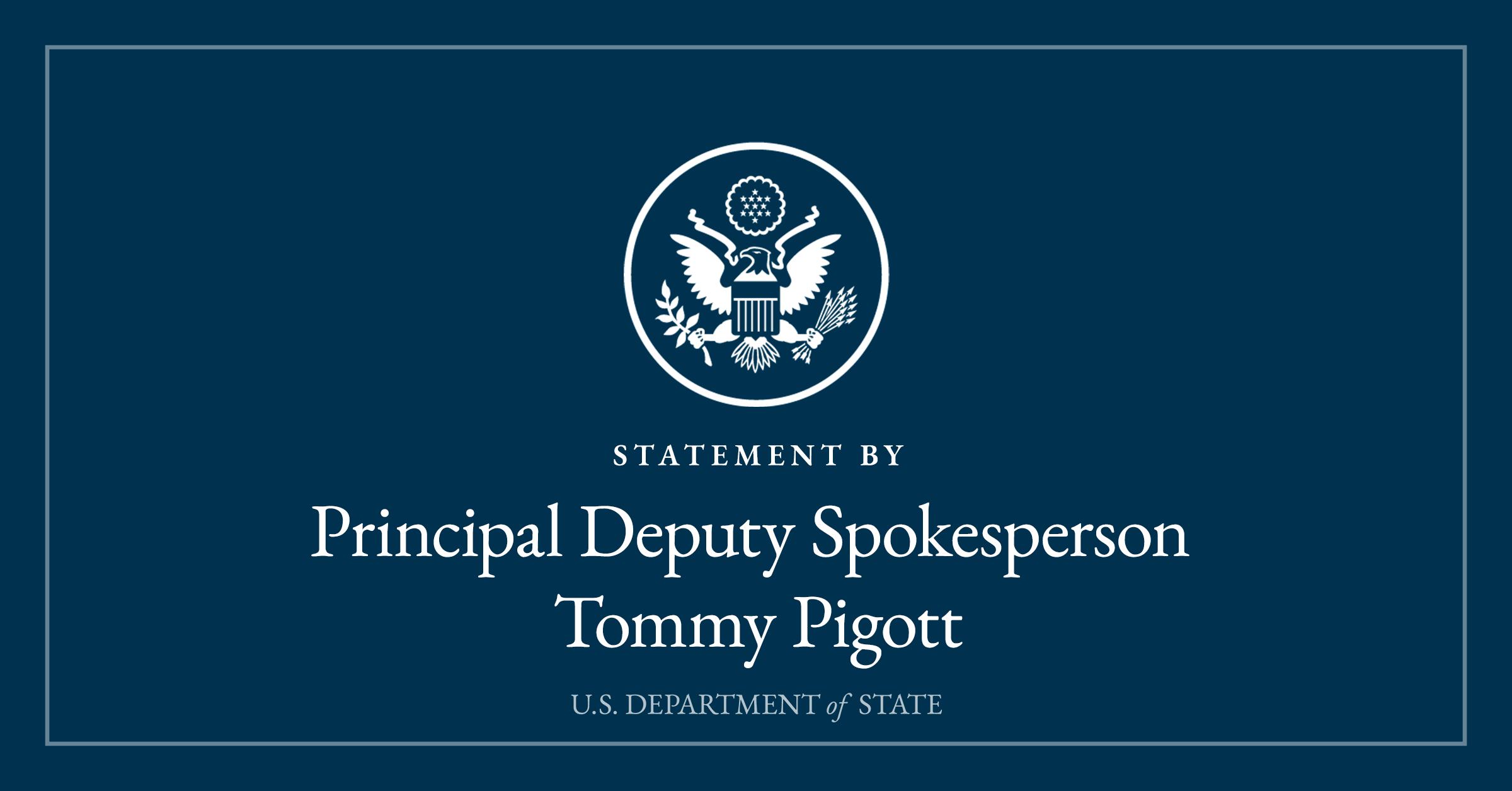

With foreign aid drying up, UNDP’s crisis bureau director Shoko Noda calls for earlier development action and closer cooperation with Geneva’s humanitarian actors.
After billions in foreign aid…

With foreign aid drying up, UNDP’s crisis bureau director Shoko Noda calls for earlier development action and closer cooperation with Geneva’s humanitarian actors.
After billions in foreign aid…
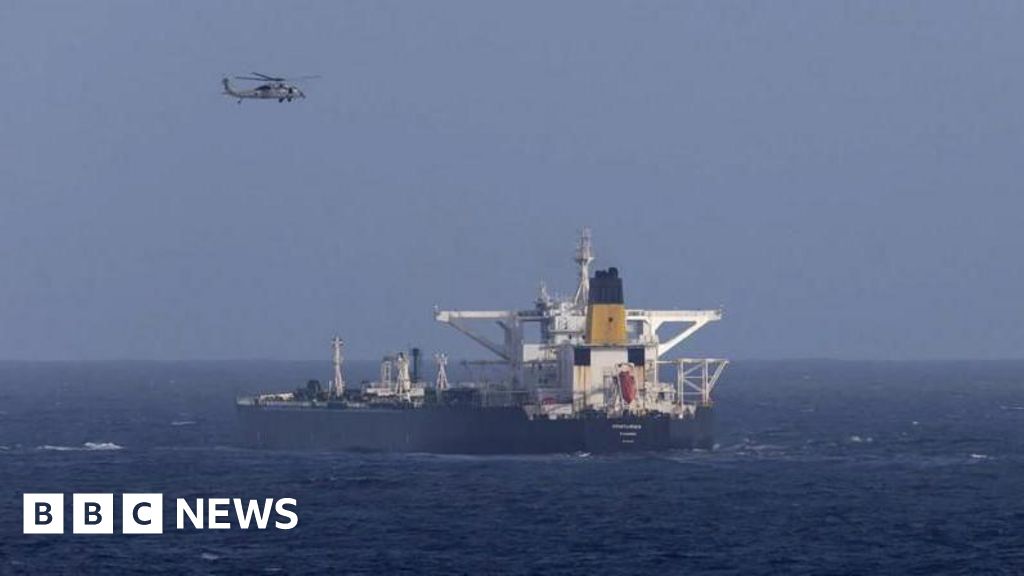
The US Coast Guard is in “active pursuit” of another vessel in international waters near Venezuela, an official has told the BBC’s US partner CBS News, as tensions in the region continue to escalate.
US authorities have already seized two oil…
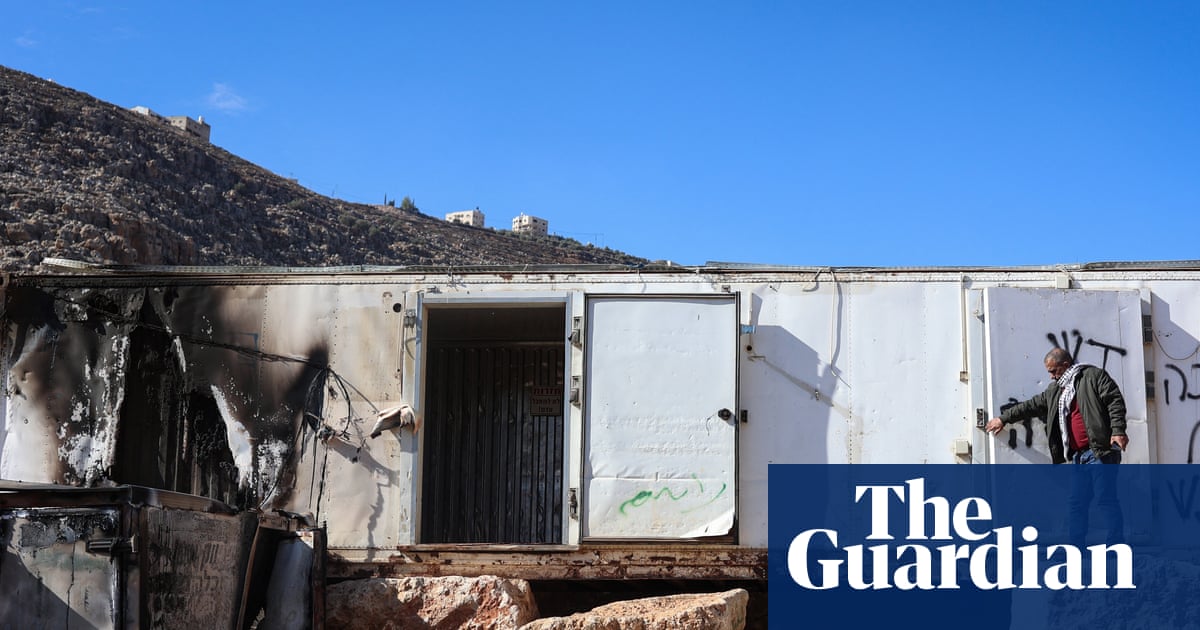
Israel has approved a proposal for 19 new Jewish settlements in the occupied West Bank as the government pushes ahead with a construction binge in the territory that poses a further threat to the possibility of a Palestinian state.
It brings the…
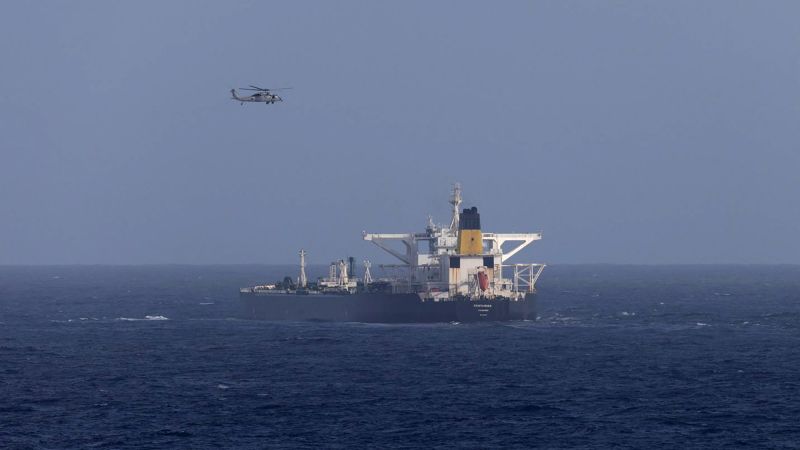
The US is pursuing a vessel in international waters near Venezuela on Sunday after attempting to intercept it, a US official said, as President Donald Trump’s administration tightens its crackdown on the…
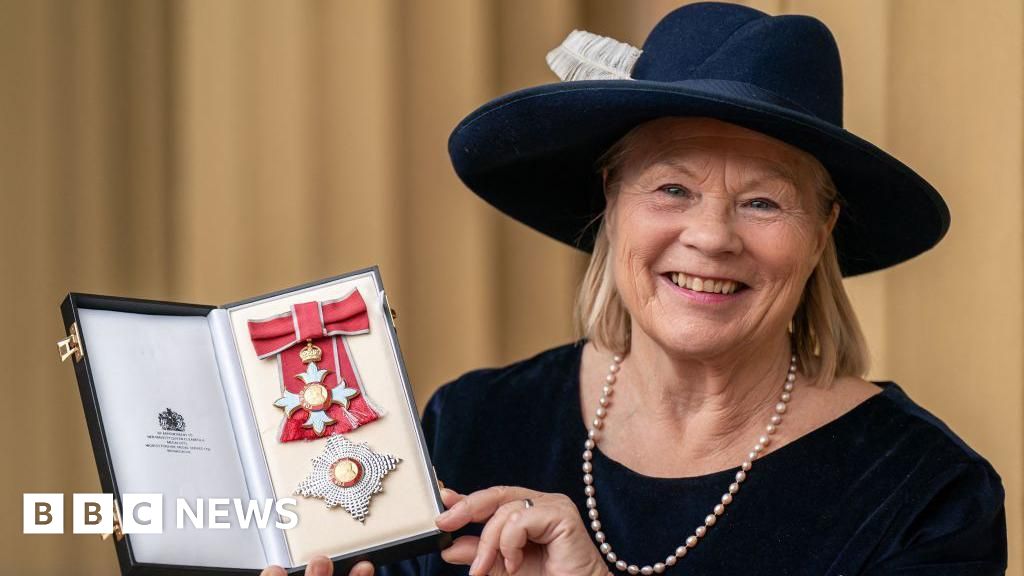
The chair of the King’s Foundation Dame Ann Limb has admitted being “misleading” about her doctorate qualification.
The education specialist, who was recently nominated for a life peerage by Labour, told the Sunday Times that she had not completed…